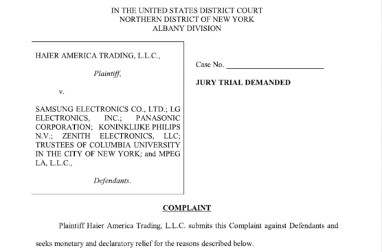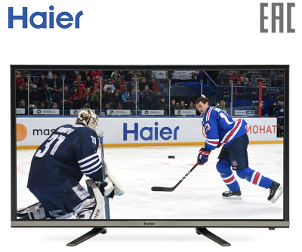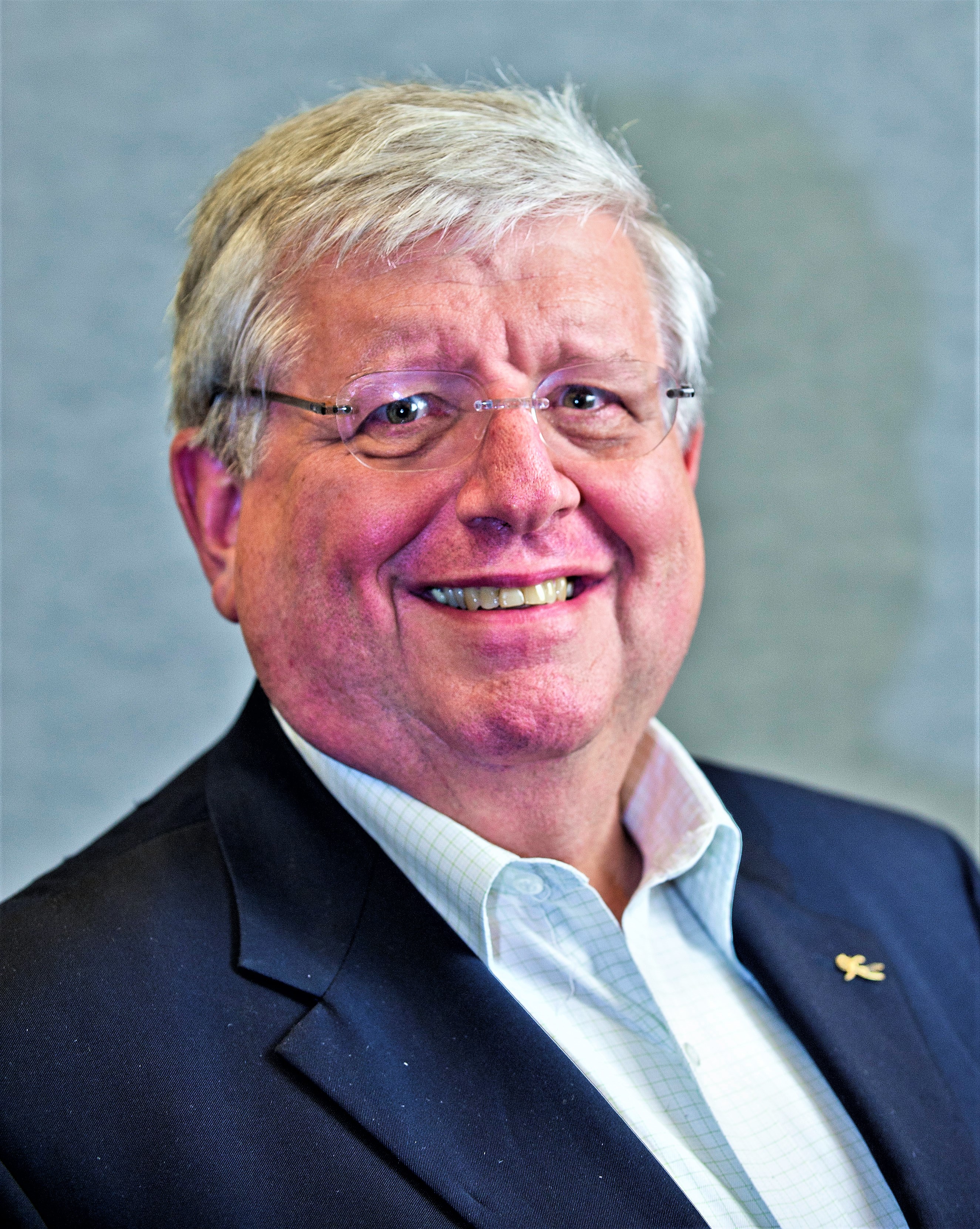Haier Files Patent Lawsuit Over ATSC Licensing
NEW YORK—Claiming it "will suffer irreparable injury" because of alleged antitrust discrimination, the U.S. subsidiary of Chinese electronics/appliance manufacturer Haier Group is suing four major TV manufacturers plus other organizations for "monopolization" of ATSC (Advanced Television Systems Committee) patents and for "conspiracy" to force Haier America Trading L.L.C. to pay a higher license fee to use the technology.

The lawsuit, filed quietly in New York in late August, accuses LG Electronics, Samsung Electronics, Panasonic Corp., Philips N.V., the Columbia University Trust Committee and MPEG LA LLC of colluding to create "unreasonable pricing" for the ATSC license, a fee that does not reflect the falling price of ATSC tuners, according to Haier. Zenith Electronics, LG's U.S. subsidiary which holds patents, is also named in the suit.
Haier also charged that MPEG LA has "attempted to maintain its excessive royalty rate by adding 'broadcasting' patents,'" which it characterized as "improper royalty stacking."
The case only deals with the original ATSC digital standard; it does not involve the emerging ATSC 3.0 standard.
The antitrust lawsuit is seen as retribution for the lawsuit that MPEG LA, the patent pool licensing organization, filed against Haier in March. In that suit, MPEG LA accused Haier of breaching its agreement to pay the ATSC licensing fees. Haier had deemed the fees ($5 per set) unfair and announced last year that it would cease payments at the end of 2016. The ATSC receiver royalty dropped to as low as $1 per set in January 2017. Haier claims that the ATSC license fee is "150 - 200 percent higher than comparable technology licenses in Europe."
Haier had a 3.4 percent worldwide TV set market share in 2016, slightly higher than its 2015 share, according to Statista Inc. By comparison, the global shares for other major TV makers in 2016 were 21.6 percent for Samsung, 11.9 percent for LG Electronics and 5.6 percent for Sony.
Observers who requested anonymity told TV Technology that Haier's antitrust lawsuit could mark the beginning of legal battles against its competitors, especially the Korean companies LG and Samsung. News of the lawsuit emerged in Korean business publications shortly after the antitrust complained was filed in New York. Analysts said that they didn't understand why Haier picked on the five organization that are members of MPEG LA; nine of the member companies have patents on various ATSC features. Overall, 38 organizations belong to MPEG LA. The 11 claims in Haier's complaint single out some or all of the defendants for actions that Haier is challenging.
Get the TV Tech Newsletter
The professional video industry's #1 source for news, trends and product and tech information. Sign up below.
Haier's staff and its lawyers who filed the antitrust suit did not respond to multiple requests for further information, and the defendants contacted also declined to comment on the case.
Among the 11 claims that Haier makes in its filing—some directed at all of the defendants, others aimed at only two or three of the patent holders—are charges of restraint of trade, non-essential patent misuse, expiration dates for the licenses and breach of "good faith and fair dealing."
‘NON-ESSENTIAL PATENTS’
In its 48-page complaint and request for a jury trial, Haier claimed that the ATSC patent portfolio "forces licensees to purchase licenses to non-essential technology." For example, it cites 13 patents owned by LG for a method to identify "the status of a broadcast channel in a digital broadcast receiver" (known at the "LG Channel-Skipping Patents.") But Haier claims that the ATSC standard does not mandate such channel-skipping capability, and hence should not be required; Haier sets do not include such a feature.

Haier also contended that, in violation of U.S. antitrust policies, MPEG LA and the other defendants "have set royalty rates that raise costs" which "reduce or eliminate competition."
"The anticompetitive conduct ... has harmed competition ... since the ATSC patent pool was formed, including reducing the number of companies manufacturing televisions ... and increasing market share for certain licensors in the ATSC patent pool," Haier said.
“MPEG LA along with LG, Samsung, Philips, Panasonic and other licensors have conspired in restraint of trade to affect, raise, fix, maintain, and stabilize prices in the downstream product market by demanding an excessive, non-FRAND royalty rate for the ATSC standard,” according to Haier's complaint. "FRAND" refers to Fair, Reasonable And Non-Discriminatory terms in a voluntary licensing commitment, often used by standards organizations in patent licensing.
Haier claimed that it "attempted to negotiate license agreements ... on FRAND terms" with Samsung and LG, but both said that Haier must obtain licensing from MPEG LA.
Haier asked the court for "treble damages" of the amount "to be proven at trial" for the defendants' actions. There is no timetable for the new filing or for the MPEG LA's March suit against Haier.
Gary Arlen, a contributor to Broadcasting & Cable, NextTV and TV Tech, is known for his visionary insights into the convergence of media + telecom + content + technology. His perspectives on public/tech policy, marketing and audience measurement have added to the value of his research and analyses of emerging interactive and broadband services. Gary was founder/editor/publisher of Interactivity Report, TeleServices Report and other influential newsletters; he was the long-time “curmudgeon” columnist for Multichannel News as well as a regular contributor to AdMap, Washington Technology and Telecommunications Reports; Gary writes regularly about trends and media/marketing for the Consumer Technology Association's i3 magazine plus several blogs.

